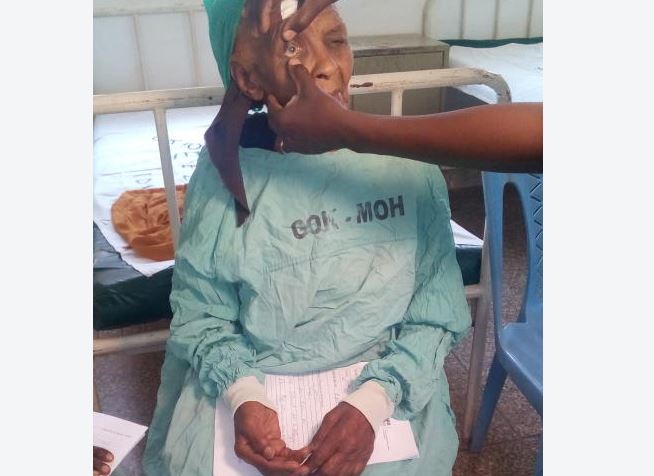×
The Standard e-Paper
Fearless, Trusted News

Hamza Hassan is not sure how old she is, but she is not too old to be losing her sight, at least according to the doctor.
The strange phenomenon is that she is blind on her left eye, and the right one is losing sight too. This is the same case as Abdia Nurow, 65, who was found to have poor vision.